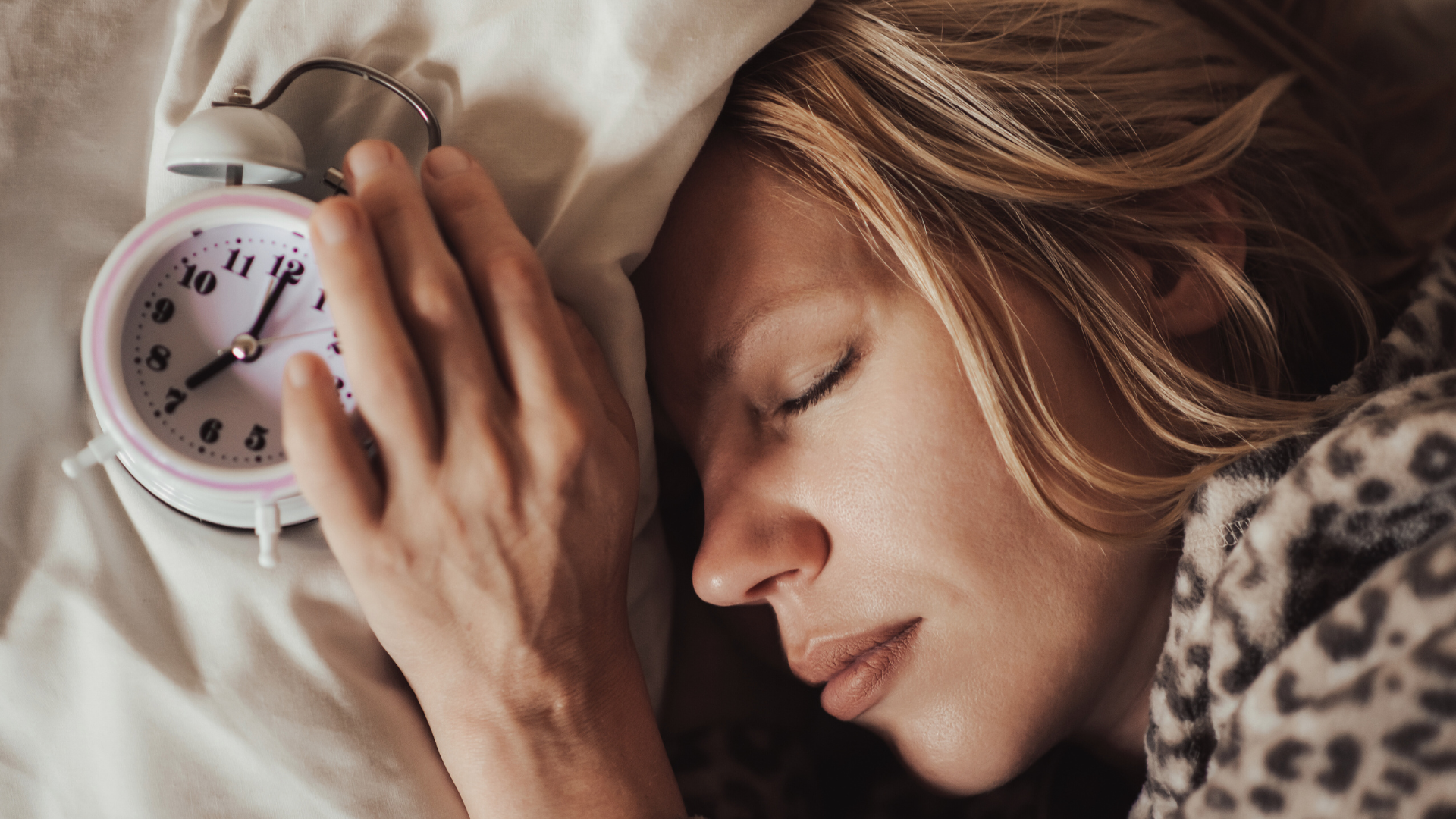
As someone who has been in the work industry for years, we often see people fall into two categories: the early birds and the night owls. I know these terms are pretty familiar as we have always labeled each and every one with these based on what time of the day they work. But sometimes, you wonder whether this is backed by the science of sleep or is it just clever wordplay?
Based on research, I found that our bodies try to follow a natural biological rhythm or what we call, chronotype, which dictates what time of day we feel more productive. But why does this matter? Well, according to the Sleep Foundation, each person’s chronotype is associated with a person’s body clock, which also relates to their sleep-wake process. In layman’s terms, your body remembers when you usually go to bed and wake up in the morning. This is why there are moments when you just wake up on your own, even beating your alarm clock in the morning. And if you think that your chronotype is something that’s easy to change, believe me, it’s not. I remember going to bed before 10 PM but then due to work changes, it’s now 12 AM. It took me a while to let my body learn this cycle but eventually it did, but the process is arduous for sure.
For the longest time, I want to share what I researched on these types, according to Dr. Michael Breus in The Power of When, which could give you more information on how you can make the most of your day according to your chronotype.
The Bear

50% of people, according to Dr. Breus, fall into this category. This chronotype syncs with the sun, meaning they are more productive in the morning and tend to slow down as the day progresses. They are those who have it the easiest in terms of balancing their day.
For bears, I suggest that their sleep-wake cycle be 10-11 PM and 6-7 AM, respectively. As for accomplishing important tasks, I think it’s best for bears to do them around 10 AM and 2 PM, as this is the time when they’re most energetic. Lastly, I think tasks after 3 PM should be allotted to lighter and less demanding tasks as their energy stoops down in the afternoon.
The Lion
Like the Bears, Lions are early birds—however, they wake up much earlier than them. They are what you call the natural-born morning people who always finish their tasks way before lunch. So by the end of the day, the Lions are usually the ones who are already ready to recharge. But as for suggestions, it should be nice to start their days with a hearty breakfast and exercise and once they start to work, they must prioritize the harder and more demanding tasks in the morning. By the afternoon, they must take it easy by handling lighter tasks or if they are quick enough, relaxation could be prioritized by this time.
The Dolphin
Dolphins, on the other hand, are unique, only corresponding to 10%. Likening this chronotype to the animal themselves, Dolphins are always active and alert—even when they already have their feet on dreamland. As such, they sleep lightly and struggle to fall asleep unlike the other chronotypes. So, if you think you are a Dolphin, I suggest that you make a strict bedtime schedule and attempt to create a sleep-friendly bedroom to help you fall asleep. I also recommend starting your day slowly and then picking up the pace between 10 AM and 4 PM so that you can head to bed to recharge at 10 PM.
The Wolf

Wolves are the typical night owls, owing to up to 15%. They are the complete opposite of the bear as they feel more energetic later in the day—yet they are described to be creative but introverted. For wolves, I suggest that they start their day around 8-9 AM with light tasks and then power through by focusing on increasingly challenging tasks by 2-5 PM. Come 5 PM, wolves are typically in their element, and I see this happen with my work where you hustle as this time is the wolves’ productive hour. However, wolves should bunk down for 7-8 hours to avoid burnout after winding down.
Trust me that if you know and understand how to navigate your chronotype, not only will you have an improved sleep-wake cycle—but you will also get the right balance of becoming an early bird and a night owl. More than this, being fully aware of how your body works, your natural body cycle, makes a huge difference in boosting your own health, productivity, and overall well-being.
Plugin designed by RofiTech


Leave a Reply